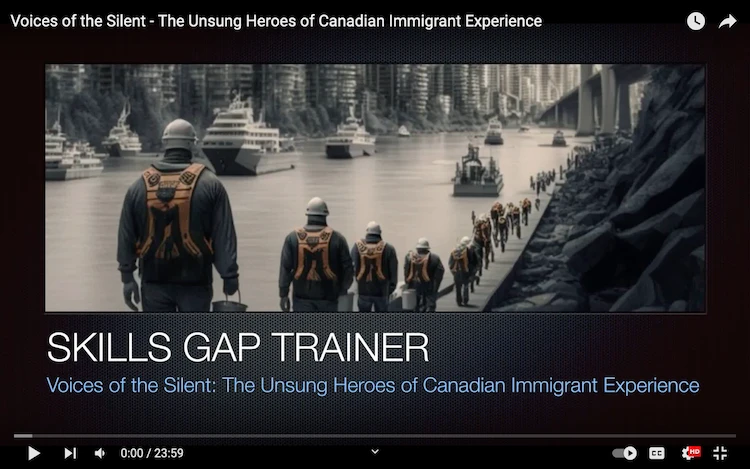Video: Voices of the Silent – The Unsung Heroes of Canadian Immigrant Experience
YouTube Link: https://youtu.be/SdrpYdduins
As a Canadian who escaped from a revolution at the young age of 7 (and I believe that I represent the observations of 30 immigrant family household heads, as described here), the words of Blaine F. Calkins MP, resonate. It’s important we voice these experiences, for they form an integral part of our collective understanding of freedom and its value.
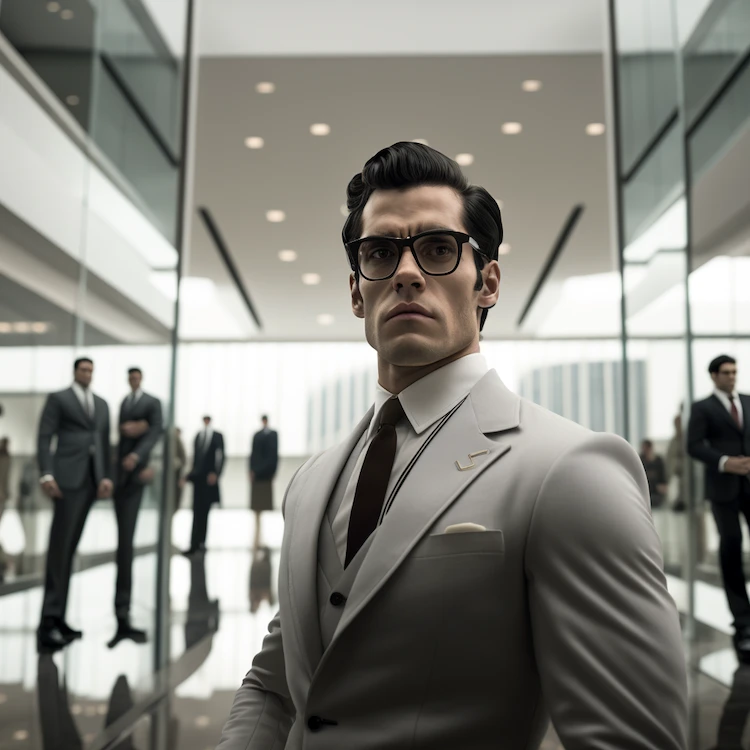
Canada’s immigrant population, ourselves included, represents an assortment of rich and diverse backgrounds. These individuals were not just anyone in their home countries. They were respected professionals—leaders, politicians, CEOs, academics, scientists, engineers, and doctors—who commanded influence and respect in their societies. The College of Physicians would bow down to such people in their presence, and would be so amazed at such people, that would make sure that everyone else knew to bow down to them as well, whereas in Canada, the goal is to make the citizens and the doctors bow down to the College of Physicians. Why do you think the doctors leave. These hero professional immigrants were the pride of their nations, televised for the eastern world to see, selected through a rigorous, merit-based set of high level lifelong scientific analysis and judgement and evaluative systems, not only in their home countries, but also in the merit based immigration system Canada had in the 90s. Their objective was to seek a better life for themselves and their families.
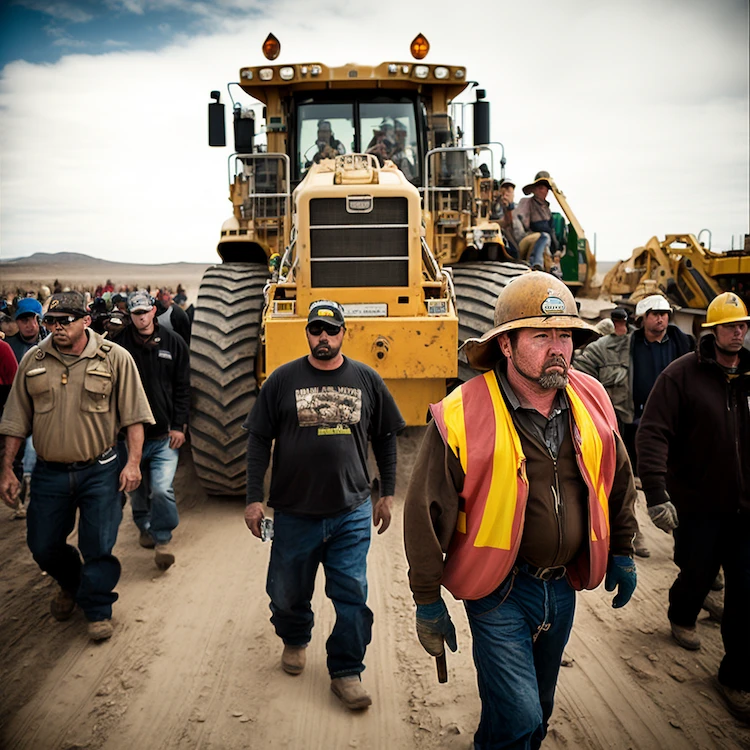
Yet, on arriving in Canada, many found themselves starting anew, often in roles that starkly contrast their previous statuses. Imagine highly skilled professional experts, who were once pillars of their communities, now driving taxis, working at thrift stores, driving trucks, renting out VHS tapes, fixing your roof, cleaning houses, cleaning buildings, doing whatever it takes to survive and support their families in this new environment. The media often highlights stories about skilled immigrants, like basic-level Doctors (MDs), unable to practice their professions due to bureaucratic hurdles, and thus forced into jobs like delivering pizzas for Domino’s, even as we approach 2023. However, what often goes unmentioned are the immigrants from the high echelons of society. We are referring to professionals who were highly revered in their homelands – the real heroes, the Olympians, the sailing boat engine and electronics designers, the arcade systems designers, battleship builders, petrochemical factory designers and engineers, mathematics professors, deans of universities, authors, generals, celebrities, professors, national level wrestlers, world champion boxers, researchers & notable musicians.
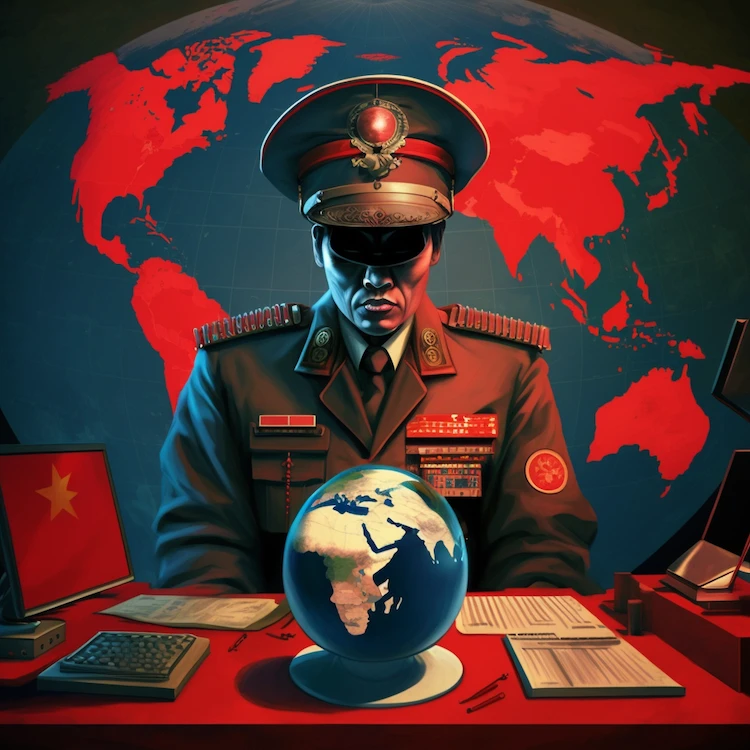
Numerous immigrants in Canada have escaped from oppressive societies where voicing dissent invited severe repercussions, far beyond a mere reprimand or a stern admonishment, potentially leading to unthinkable consequences. In comparison, a criminal in Canada might commit 700 crimes and still walk free, whereas a single inappropriate comment from the world’s most gifted mathematician could result in a century’s worth of punishment in the east. In North America, it is just as difficult to get a detective to investigate a banker that causes bank failures, stock market crashes, or “swaps” 8 trillion dollars out of the stock market to a central bank, as it is to land a man on the moon. In these circumstances, the notion of centrism or moderation seems to be lost.
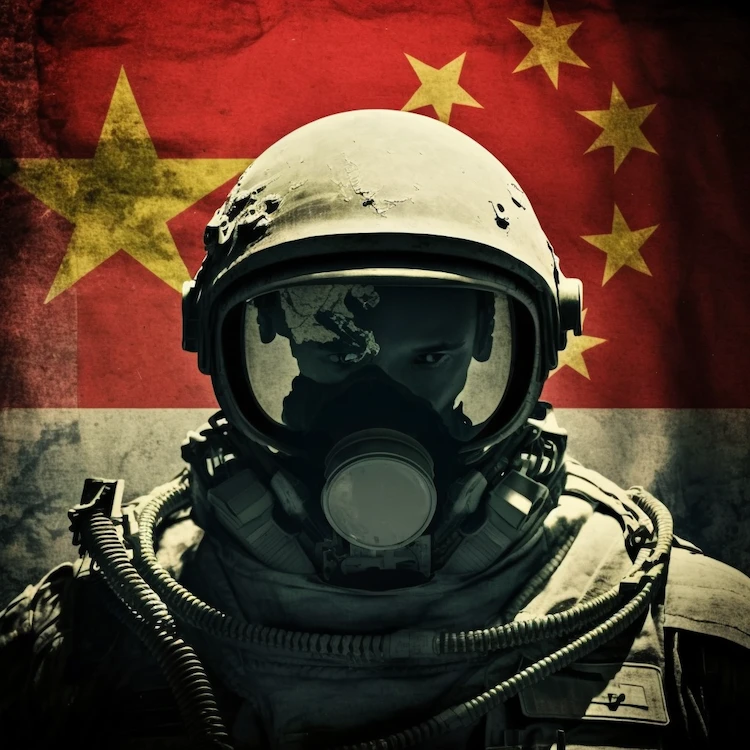
Expressing a divergent opinion in the east, questioning authority, or resisting an unjust system would have elicited harsh punishments, even death. And this isn’t the swift, merciful death often depicted on American television shows, but rather a prolonged, torturous end that could potentially extend to their families and friends, not to mention mere acquaintances. All heroes should spit at this grave injustice of not adopting a centrist policy on the issue of firearms rights and freedom, and on the issue of a non centrist approach to criminal justice, and an insecure border policy that negates the real need to support the 8000 valiant border officers of the CBSA to have more officers and more technology needed to stop the drugs and the guns from reaching and making gangs in Canada powerful. Such instances illustrate a profound imbalance in the justice system, in the concept of freedom, and in the balance of knowledge among the rulers of our nation as to the power balance dynamic that is fair between MP’s & the citizens.
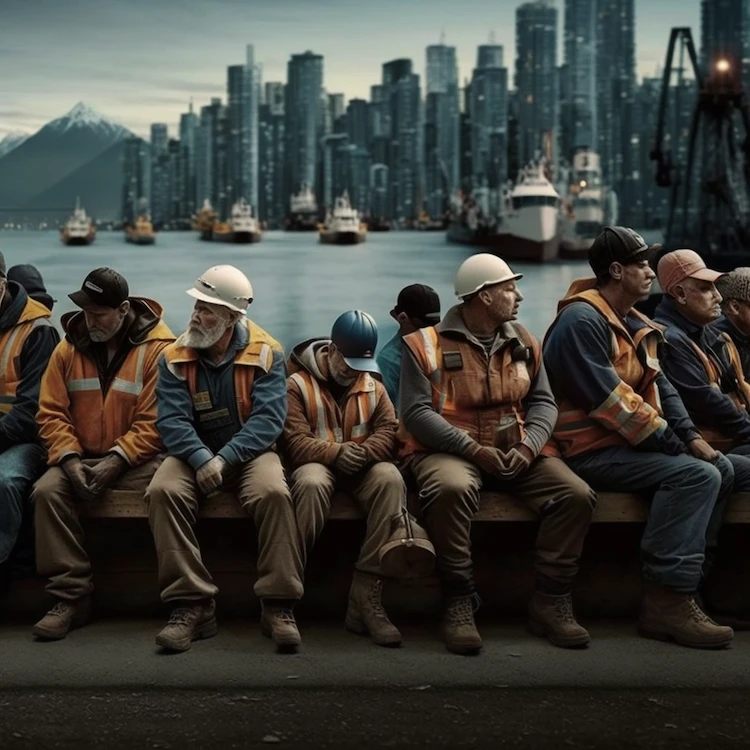
The immigrants who make it to Canada are far from ordinary; they are unsung heroes. They have endured adversity, escaped authoritarian regimes, and survived horrors that are unimaginable to many. Having witnessed firsthand the value of freedoms that many take for granted, their understanding and appreciation of these liberties are profoundly unique and deeply rooted. Now, they reside in Canada, willingly taking on jobs like selling candy at Blockbuster, renting out VHS tapes, providing housekeeping services, babysitting, cleaning hotels, enjoying permanent occupational injuries from hazardous work conditions, mowing the lawn, dying of industrial toxin induced pains for decades, selling ice cream and fixing roofs. And so, Canadians should wonder, why do these accomplished immigrants, who can achieve a level of high level work performance that most Canadians aspire to achieve and pursue their entire life in the hopes to get at this level, why would such immigrants willingly contribute in such seemingly routine tasks? Is it because societal conditions are entirely satisfactory, and immigrants are completely satisfied with censorship and firearms legislation as it stands? Or is it because they consider Canadians as extended family and are willing to assist and be friendly to Canadians, even when the the political ideas of the current government is not aspirational in the freedom sense?
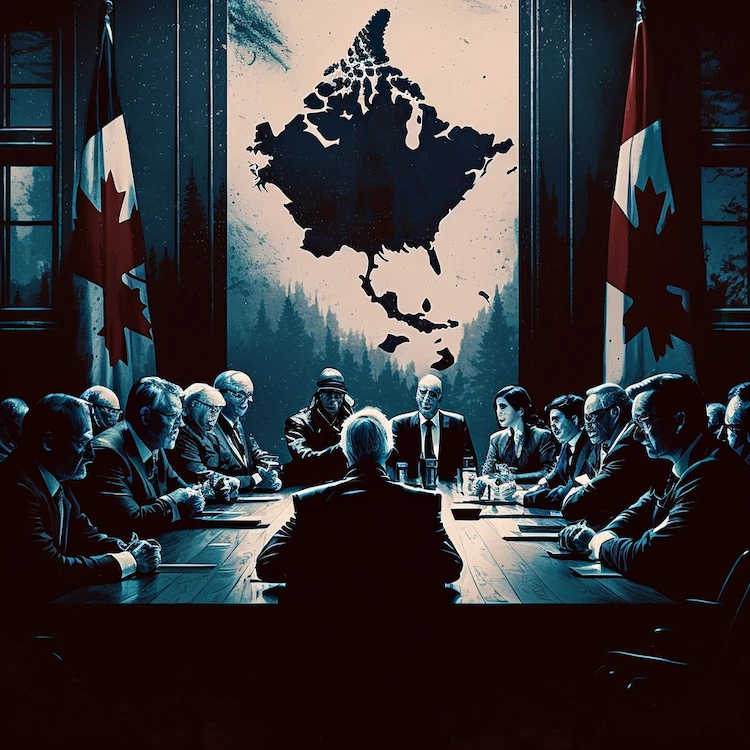
The weight of the fear of the knowledge of the type of darkness that can reside within a government structure, in secret, as a dark force beneath, which many empires have had in the past: this special knowledge is often protected, kept in secret, but nevertheless it is brought over to Canada, and preserved in the memories of immigrants, making them less likely to voice their thoughts and opinions, particularly when it comes to political matters. This silence, though, should not be mistaken for complacency, weakness, misunderstanding, lack of understanding or agreement. As Canadians, imagine if the CRA held such power over you, where any small misstep would lead to extreme suffering. Imagine if the CRA said, you did not pay your carbon tax, we will take your home, we will take your money, will take your life and anyones life within 25 miles associated with you, and the AI algorithm will clean up any traces of your contribution to humanity. Or perhaps, 1 million French people didn’t vote for the party so maybe we can get rid of those.
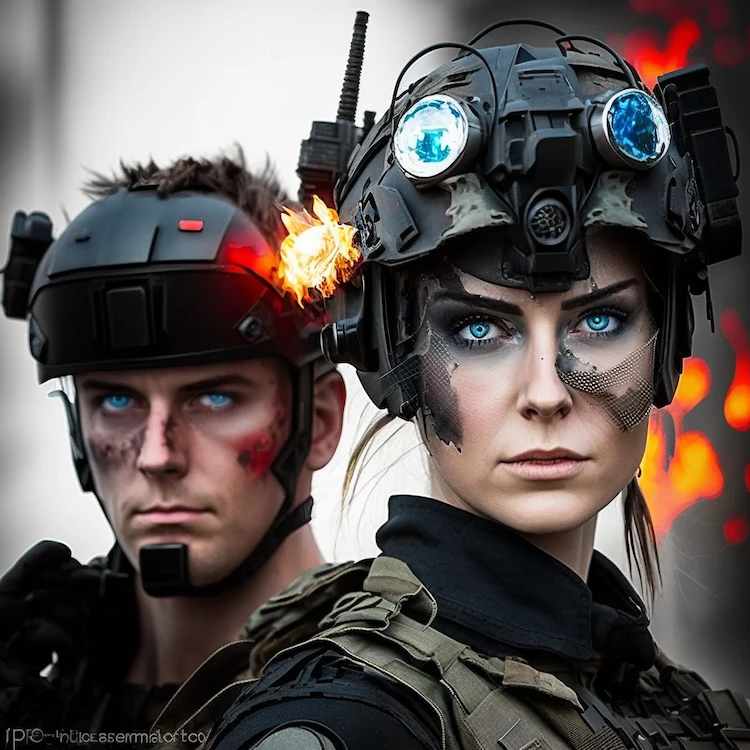
I am sure that the warrior ethos of the CCFR, firearms rights activist, and the IPSC trained citizenry, police, reserves, military, and any man that still remembers heroism, would have a talk with the CRA at that point.
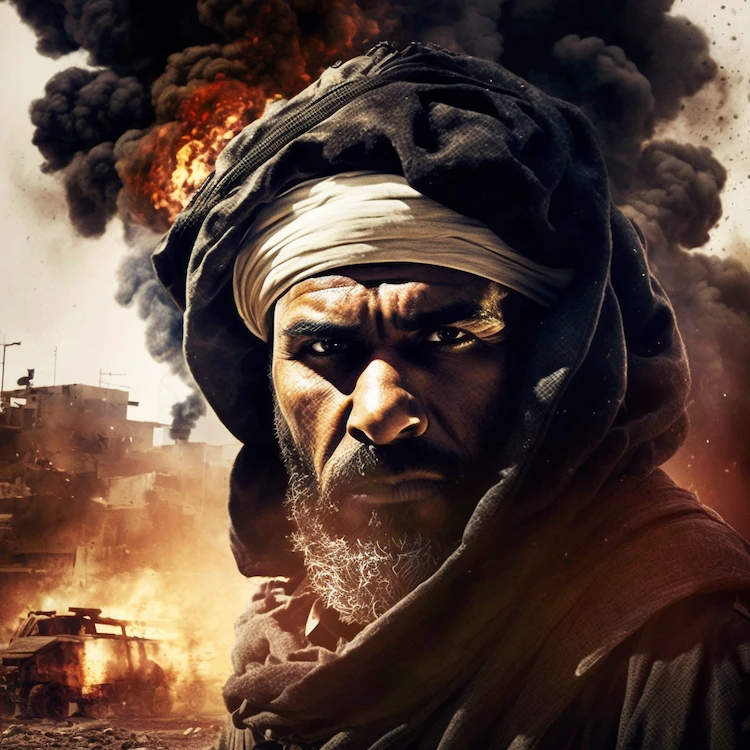
I would be very uncertain as a CRA administrator at that point. Unless everyone was in Alcatraz, then I would feel ok. Wouldn’t you choose silence over jeopardizing your life and the lives of your loved ones? Would you stand up and be the hero, or would you bow to the crushing fear? The same conundrum faces many immigrants, their entire lives, still to this day, as it did in the 20th century.

However, the quiet resilience of immigrants is often mistaken for complacency, leading to their underrepresentation in government and decision-making processes. This is a perilous mistake. The quietude of immigrants stems from a history of oppressive regimes where voicing their opinions could result in dire consequences. But, the silence of immigrants is not merely due to fear. It is also their way of showing their appreciation and respect to the society that has brought them in and given them shelter.
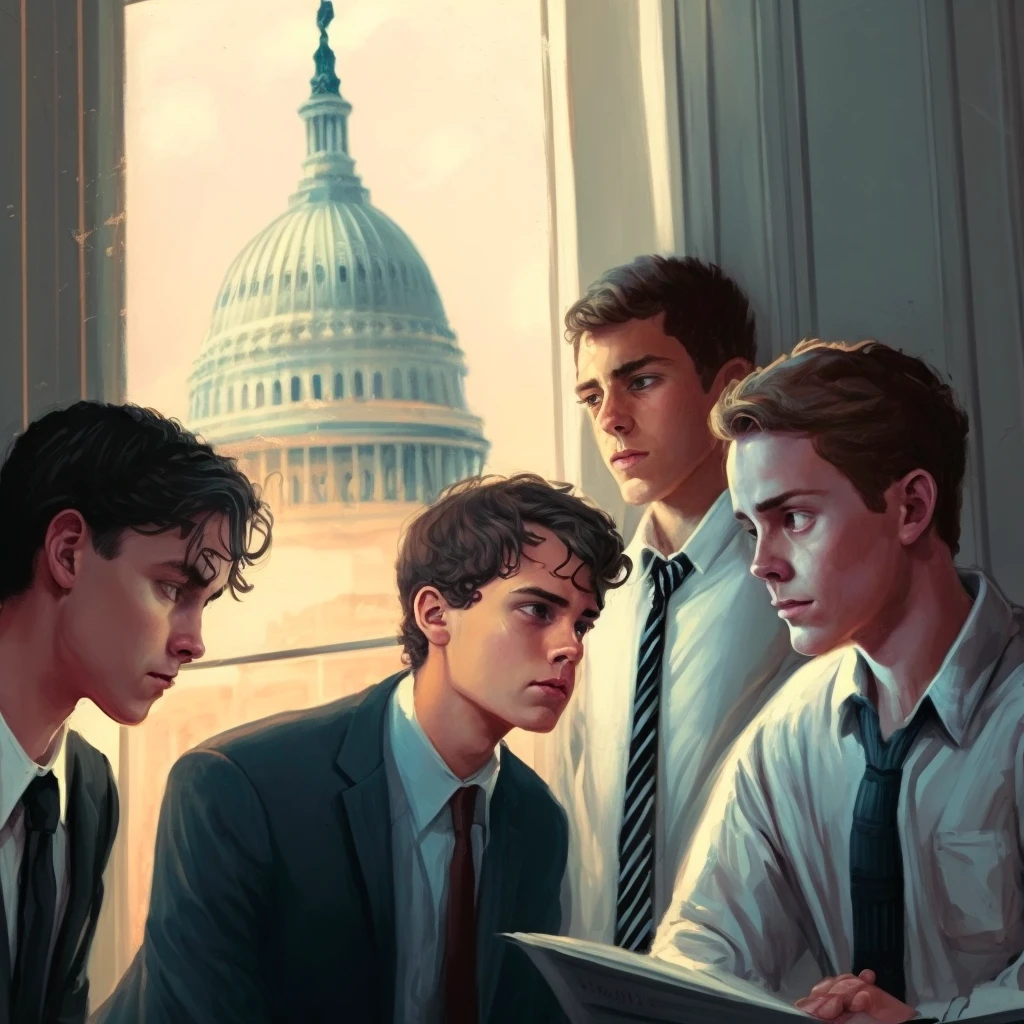
They remain quiet and friendly, taking care of the community, taking care of Canadians working enjoyable administration work. The immigrants are keeping their insights to themselves, doing the labour work, doing the professional trades work, allowing the rest of society to remain comfortable, not wanting to disrupt the peace and tranquility that we commonly build here together, not wanting to make Canadians born in Canada to have a hard life, in payback or to return the favour of the offer of freedom that was given to them.

In short, we are paying you back Canada, with freedom thoughts and freedom help. In short Canada, immigrants have adopted you into their family, so we have mutually adopted each other, and even if you are not productive or competent, you are still a family member for us. Our laws and policies need to reflect this diverse fabric of Canadian society, including the experiences & perspectives of our immigrants in their aspiration for physical & digital freedom & a government structure that understands the balance of power dynamics, such as the dynamic to guarantee the authority of the firearms rights legislation.

The real problem is that we are not getting the accurate data we need. Polls are skewed because the voices of these silent immigrants are not being heard or accurately represented. The legislatures are not getting the full picture, leading to legislation that does not reflect the genuine needs of our diverse society. It is essential to remind ourselves that the silence of the immigrants is not a true reflection of their thoughts & opinions. We must strive to understand these silent heroes better & ensure their experiences & insights are included in our democratic processes. Their resilience, adaptability, & quiet determination are testaments to their unspoken strength. In their silence, they harbour the capacity for immense change & influence.
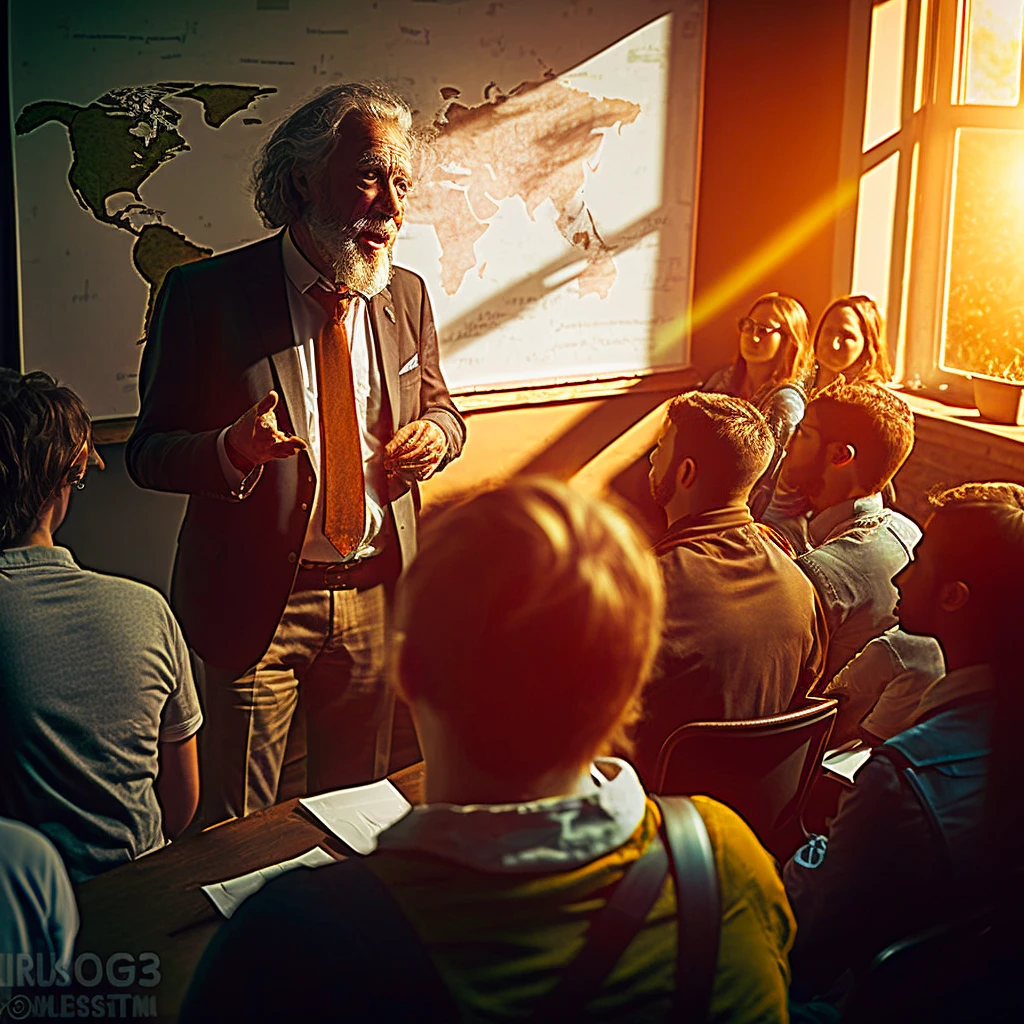
To my fellow immigrants, you will not offend Canadians if you let your voices be heard, there are wise Canadians among you who are champions as well, even in Academia, and they would like to stand as heroes but have no foundations to stand, among the rhetoric that goes on in places such as Twitter by people who don’t understand freedom, but your inspiration can help them be heroes too. But the wise Canadians cannot stand with you if they do not hear your voice that freedom is important. The wise Canadians love immigrants. You were kings and heroes in your homelands, figures of respect and influence, just as Canadian academics are, and this is not known here. If you both of these communities were to fully unleash their strength together, the intelligence, the indomitable will, the physical force, the heroic past, that led you to win political leadership, Olympic leadership, military leadership, academic leadership, and STEM leadership, people here without understanding of heroes and warrior ethos, or understanding of much at all, would would fade into the wind like a dandelion which is blow by a hurricane. But you don’t do that out of humility and respect and love. It would be a force impossible to ignore. But you have chosen peace, chosen to build rather than to set fire, chosen to make a family rather than knock down statues or paintings, chosen to look up rather than look down, chosen to contribute in quiet yet impactful ways, and chosen to take care of your kids and neighbours and your neighbours, despite their increasing age. I know you are not on the internet, as you are working all day, and that is another reason why positive change cannot happen, and why the polls reflect the desire of maniacs online, rather then the desire of Canadians at large. I spoke a mouthful yet again, to compensate for your MASSIVE 35 years of silence on this issue.

Recognize your new 21st century strength, for you are stronger than you might think, your kids are stronger then they might think. They are not babies anymore, despite the hundreds of billions of dollars trying to make them babies again. Carry forward with your resilience, adaptability, and unwavering determination, and have the courage to speak if you see injustice, it is ok to be wiped out if you have spoken a good word, we now live for our common good, not ourselves. Remember, your journey, your experiences, your stories are integral to the identity of this nation, and that means we need you, in more ways than your work, but in your political leadership as well, in your common sense, in terms of your international experience, in terms of your historical understanding, and in terms of your understanding of the dangers of other forms of government.

Let’s give them a platform, let’s hear their voices. As a society, we need to honour these silent traveller heroes, we need to listen power of the words of the travellers, recognize their contributions, and ensure their voices are heard. By including all voices in our society, we truly uphold the principles of democracy.
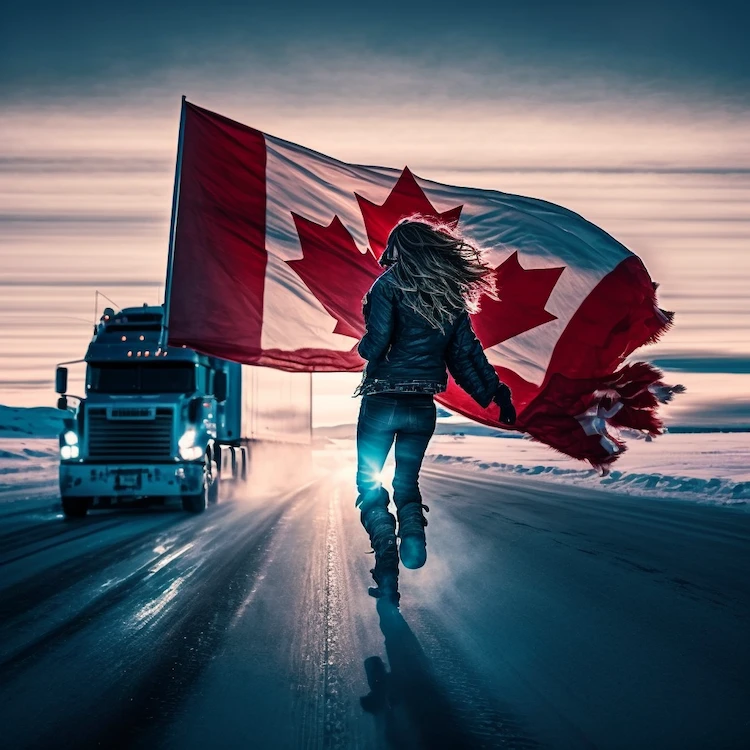
We need to remember that the strength of Canada lies in its diversity, its unity, and its shared commitment to liberty. Together, we can ensure that Canada remains the sanctuary for those in search of a better life, a place that respects the rights and freedoms of all individuals. We all have a role in ensuring Canada remains a sanctuary for those in search of a better life, a place that respects the rights and freedoms of all. Remember, we are all in this together. We are Canada.
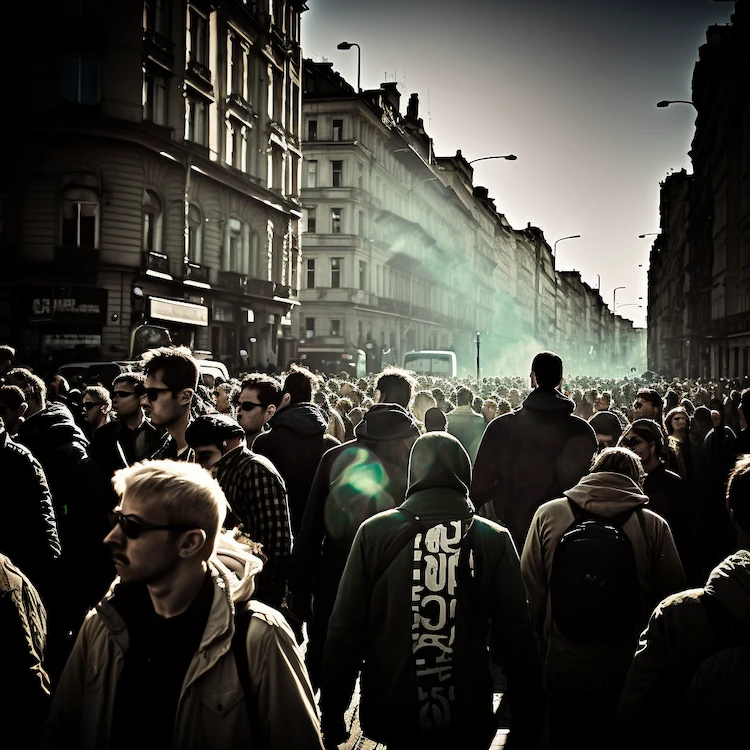
SGT Pro Tip: “Ask yourself. If Canadians have faced such tremendous adversity, then why is it acceptable to Canadians to wipe away warrior culture and the culture of intellectuals, to allow only one person to exist as a warrior ruler and intellectual leader.“
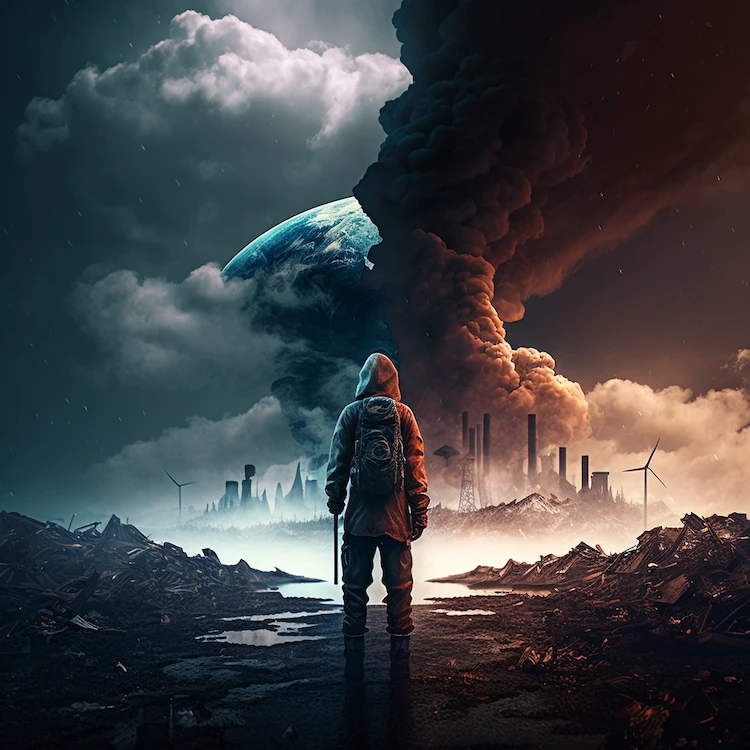
SGT Pro Tip: “Is this a Canadian act? Or should we celebrate unsung heroes who build our nation, protect our people, and political MPs that fight for them and for our freedoms, instead.

YouTube video clip comment: I’m an immigrant to this country, I came here when I was 7. I’ve grown to learn how amazing this country is, and I can’t believe what direction its politicians want to take it in. I can’t believe how easily so many people are led to giving up their liberties in the name of a security that’s not even guaranteed to them, who are people who I guess are controlled by fear or so easily influenced by conformism. I can’t believe how complacent people are at obvious political manipulation, behaving as though all of the terrible things that happen all over the rest of the world could never happen here. I can’t believe the police forces of this country are going along with it so easily either. There’s too many good people in this country to whom this moral evil should not be done.” – Barzin
Dedication: “In the vibrant tapestry of Canadian immigration, a certain sector often remains voiceless – the politically silent immigrant workers. These individuals, far from idling away on the internet, tirelessly devote themselves to the prosperity of our nation through hard work and dedication. A standout among these heroes is my father, an immigrant from Romania. His story of relentless perseverance stands in stark contrast to that of Prime Minister Justin Trudeau. Unlike Trudeau’s made for film political and boxing career, my father did earn his spot in film and in boxing, as he won five sequential national boxing belts and numerous titles in Europe, outmatching 270 boxers from various Eastern nations. This was in an era when it took hundreds of fights to get to the world championships, European championships or Olympics, and you fought every week while holding a full time job, not every year – a far cry from the current scenario of just three decisive bouts paving the way to the top, as millenials have to do today. Simultaneously, he served as an Army base commander and nurtured a family amidst the ravages of hyperinflation.“
“Heroes like my father carry out the tasks we often take for granted – mowing our lawns, laying concrete, fixing plumbing, repairing electrical systems, installing roofs, building rooms, repairing vehicles – all without causing a ripple in our peaceful existence. It is in their quiet tenacity that these silent heroes command a respect that is widely recognized yet seldom spoken aloud. Warriors, intellectual leaders, and professionals silently acknowledge and bow to these individuals, and privately advise others within their trusted circles to do the same.“
“This recognition stands in stark contrast to the superficial respect Trudeau tries to garner, and despite spending astronomical sums like 600 or 1,000 billion dollars, even with this there is no known sum that will provide him the ability to garner the respect of even a rational 15-year-old boy, let alone the elite and seasoned warriors and established intellectuals of this world. Real leadership, as these immigrant heroes exemplify, cannot be bought with the backing of a Central Bank on the backs of all living Canadians, nor financed on the backs of all future generations. Warrior ruler status or intellectual status is a status earned only through competence, effort, and character: unless you use AI, firearms legislation, censorship legislation, journalism legislation and speech legislation to wipe away the warriors and intellectuals, in an attempt to replicate 1980s Romania.“
“Despite Trudeau’s attempts to purchase respect with astronomical sums, he falls short. His eloquent words may resonate with our ideals, but his actions could potentially undermine and crack the very foundation of our culture. His policies risk cracking the warrior ethos’ foundations and wiping away the intellectual merit and worth of great academics. As we consider the future of our nation, this is an invaluable lesson to keep in mind. Let’s protect the warrior ethos and the historical and philosophical frameworks of intellectuals.“
Inspiration: “Congratulations are in order to Blaine F. Calkins MP. Your stalwart stand in the House of Commons harks back to an unwavering warrior, who, undeterred by the declarations of surrender from those around him, insists on pressing forward in the fight. Your dedication mirrors the valiant spirit of characters like Sean Connery in ‘The Rock’, who despite the odds, remain relentless in their pursuit of justice.“
“Thank you for embodying an understanding of immigrants and freedom fighters’ struggles, for holding the torch of science high and fostering legislation that values scientific analysis. Your efforts lay the groundwork for a free society, and in doing so, you’ve shown wisdom and insight that bridges generations, connecting the best of Gen X and Millennials while resonating with the pulse of the 21st century.“
“As we indulge in the compelling sounds of ‘The Rock’ soundtrack, it might seem as if global forces are trying to trap Island Canada into it’s own Alcatraz, a fortress of daunting challenges. But let’s shift that perception – instead, let’s imagine we’re crafting hammers, tools of perseverance, change and freedom, ready to shatter any obstacles that stand in our way. Just as those who escaped Alcatraz demonstrated a profound passion for freedom and defied what seemed impossible, we too shall strive to overcome.“
“In this challenging world, we are fortunate to have figures like Blaine F. Calkins MP – an astute analyst with the ability to unravel deep subtext within legislation, like the kind of subtext that inspired us to write this article, and together we are able to promptly address the myriad of issues that matter to immigrants and others. His understanding is a melody that reverberates throughout our society, one that inspires us to stand tall, resolute, and passionate about the freedoms we hold dear.“
Inspiration: “This piece is a tribute to those quiet immigrants who journeyed to Canada in the early 1990s from Warsaw Pact countries, and it’s fittingly dedicated to Phil Collins. Why him, you might ask? Because the soothing notes of his music echo the very essence of the feeling that enveloped those newcomers as they stepped onto Canadian soil in that decade – a sanctuary of bliss, safety, and hope.“
“Fast forward to today, and it may seem like that harmonic melody has been replaced with a cacophony of discord. But let us not forget that melodies, much like memories, have a way of resurfacing when we need them the most. As we listen to the soft beats of Phil Collins, let us be reminded of those hopeful times and the lessons they carry. Let’s bring back the era of understanding, acceptance, and mutual respect – the very things that once made Canada a haven for those in search of a better life.“
“If we can tap into that spirit, we’ll be casting our votes not just based on personal gain or petty politics, but with a clarity that transcends boundaries and looks at the broader picture. We will vote with an understanding of what really transpires in the world, and with the collective hope of reviving those harmonious times. So, let Phil Collins play on, and let’s bring back that melody of unity, tolerance, and peace. After all, every great change starts with just a small step, or in this case, a soothing note.“
Related Content:
IPSC and the Warrior Legacy: Fostering Global Resilience in the 21st Century
IPSC’s Last Stand: Shaping the Future of Firearms Policy
History on the Line: The Battle for Canada’s Identity
Cost of living and Software Engineer Salaries in Canada
Why people are leaving Canada? Pros and cons of immigration.
Related books and resources:
To see our Donate Page, click https://skillsgaptrainer.com/donate
To see our Instagram Channel, click https://www.instagram.com/skillsgaptrainer/
To see some of our Udemy Courses, click SGT Udemy Page
To see our YouTube Channel, click https://www.youtube.com/@skillsgaptrainer
